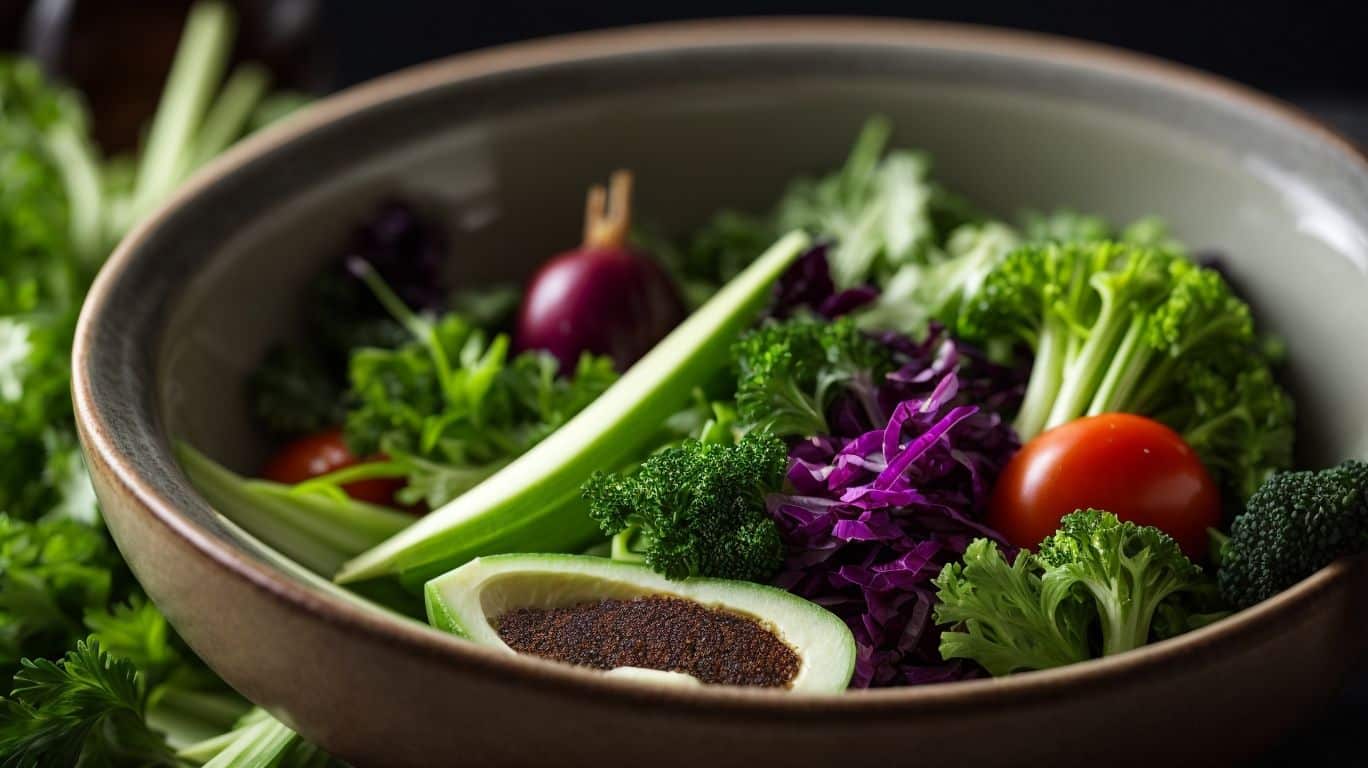Celery has gained popularity in recent years, particularly as a popular choice for those following a ketogenic diet. This article aims to explore whether or not celery is compatible with a ketogenic lifestyle and unpack the potential health benefits it offers.
Is Celery Keto?
What is a Ketogenic Diet?
Can Celery be Consumed on a Ketogenic Diet?
Celery’s suitability for a ketogenic diet can be attributed to several factors. Firstly, its low carbohydrate content makes it an ideal choice for those following a low-carb eating plan. Secondly, celery is rich in fiber, which not only aids in digestion but also contributes to a feeling of fullness. Lastly, celery is low in calories, making it a great addition to a calorie-conscious diet.
Apart from its compatibility with a ketogenic diet, celery also offers several health benefits. It is a good source of vitamins and minerals, which contribute to overall well-being. celery possesses anti-inflammatory properties, supports digestive health, and aids in hydration and detoxification.
For individuals who want to incorporate celery into their ketogenic diet, there are various ways to do so. From adding it to salads and soups to using it as a crunchy snack with keto-friendly dips, celery can be a versatile and nutritious addition to meals.
However, it’s important to note a couple of potential drawbacks of celery for the keto lifestyle. Firstly, celery contains oxalates, which can be problematic for individuals prone to kidney stones. Secondly, personal taste preferences and enjoyment of celery can vary, which may impact its inclusion in one’s diet.
Key takeaways:
- Celery is keto-friendly: With its low carbohydrate, high fiber, and low-calorie content, celery can be consumed on a ketogenic diet, making it a great addition for those following this eating plan.
- Health benefits of celery: Celery is rich in vitamins and minerals, has anti-inflammatory properties, supports digestive health, and aids in hydration and detoxification, contributing to overall well-being.
- Considerations when incorporating celery into a ketogenic diet: While celery is generally beneficial, it is important to be mindful of its oxalate content and personal taste preferences to ensure enjoyment and long-term adherence to the diet.
Is Celery Keto?
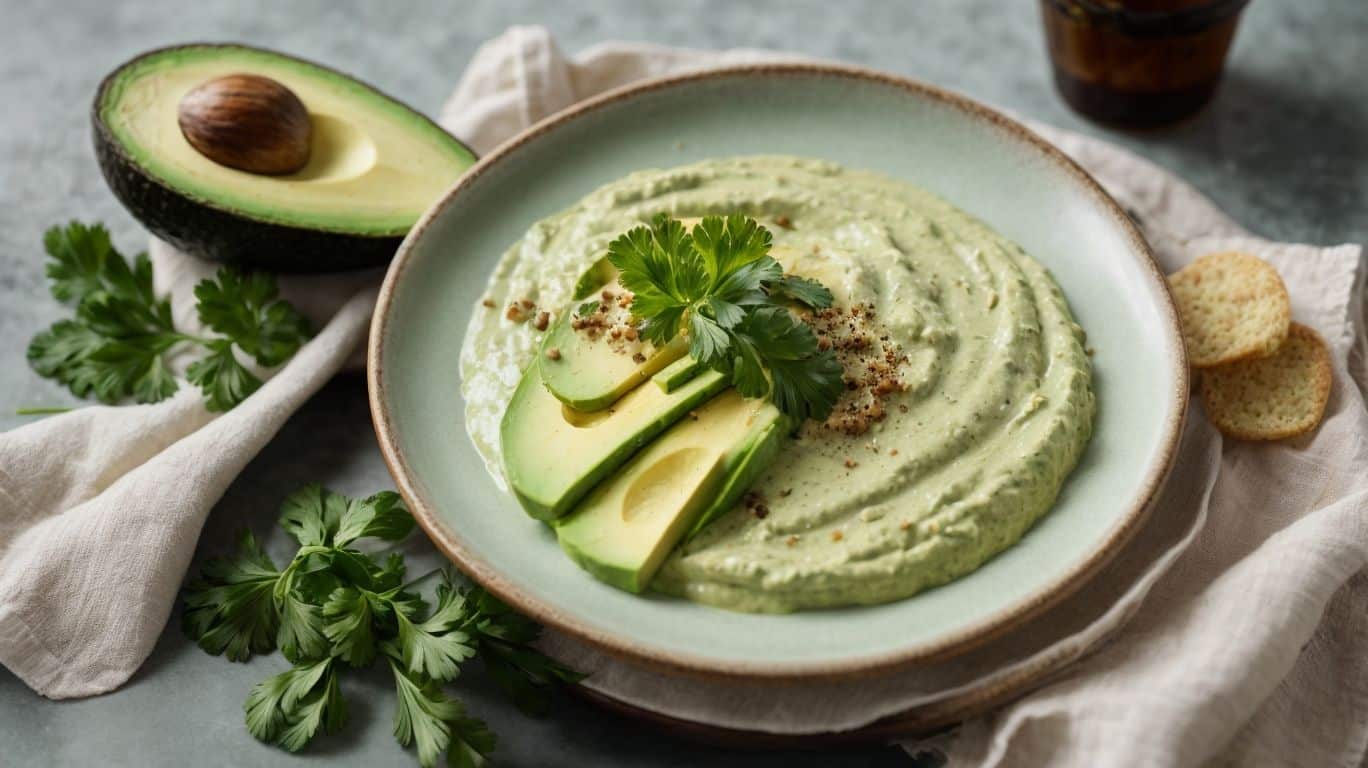
Photo Credits: Ieatketo.Com by Jordan Taylor
Celery is indeed keto-friendly. “Is Celery Keto?” is a common question, and the answer is yes. This is because celery has a low carbohydrate content, with only 1.4 grams of net carbs per 100 grams. Therefore, it fits perfectly within the ketogenic diet. Additionally, celery is low in calories and high in fiber, which makes it an excellent option for individuals following a low-carb or ketogenic lifestyle. You can enjoy celery on its own as a snack, include it in salads or stir-fries, or use it as a crunchy dipper for keto-friendly dips. With its versatile nature and impressive nutritional profile, it’s no surprise that celery is a popular choice among keto enthusiasts.
What is a Ketogenic Diet?

Photo Credits: Ieatketo.Com by Douglas Martin
A ketogenic diet, also known as a low-carb, high-fat diet, is a nutritional approach that emphasizes consuming foods that are rich in fats, moderate in proteins, and very low in carbohydrates. The main objective of this specific diet is to trigger a metabolic state called ketosis, where the body utilizes fat as its primary source of energy instead of relying on carbohydrates. By significantly reducing carbohydrate intake, the body enters a phase where it produces ketones. This transition in fuel utilization can result in various benefits such as weight loss, improved insulin sensitivity, heightened mental clarity, and elevated energy levels. A helpful tip to follow during this process is to give preference to healthy fats, including avocados and coconut oil, as they support the ketogenic process effectively.
Can Celery be Consumed on a Ketogenic Diet?
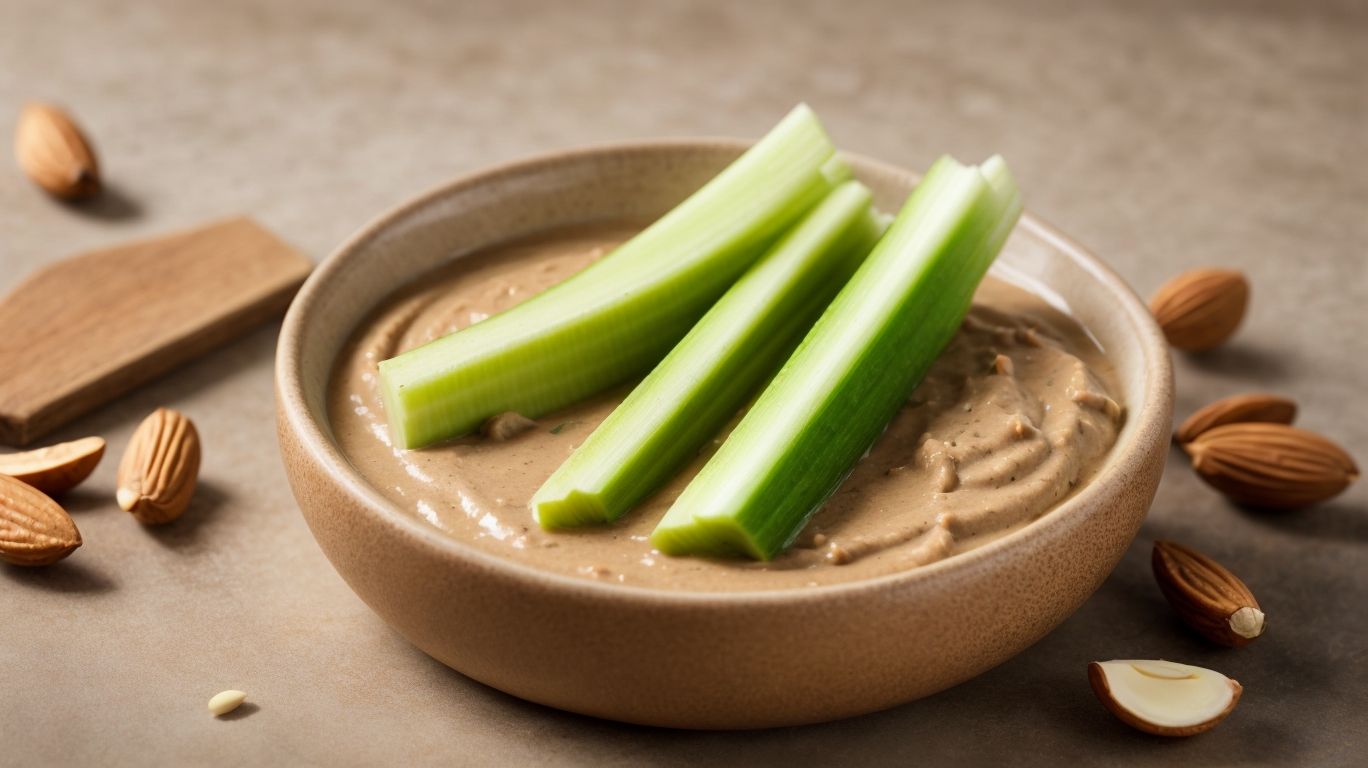
Photo Credits: Ieatketo.Com by Jacob Hill
Wondering if you can include celery in your keto diet? Let’s dive into the topic and explore the compatibility of celery with a ketogenic lifestyle. We’ll uncover the reasons why celery can be a great addition to your keto meal plan. From its low carbohydrate content and high fiber content to its anti-inflammatory properties and support for digestive health, there are several compelling reasons to consider celery as a keto-friendly option. So, let’s explore the benefits of this crunchy veggie and how it can fit into your ketogenic diet.
1. Low Carbohydrate Content
Celery has an incredibly low carbohydrate content, which makes it a suitable vegetable for those on a ketogenic diet. Here are a few important facts to note about the low carbohydrate content of celery:
- Celery primarily consists of water and contains only 3 grams of carbohydrates per cup.
- It is categorized as a “negative calorie” food since the body burns more calories digesting it than the actual calories it provides.
- Due to its minimal carbohydrate content, celery can be an ideal choice for snacking or used as a base in low-carb soups and stir-fries.
Incorporating celery into a ketogenic diet offers numerous health benefits. It is rich in essential vitamins and minerals, possesses anti-inflammatory properties, and promotes digestive health. Please bear in mind that celery contains some oxalates, which may be of concern for individuals with specific health conditions. However, when consumed in moderation and balanced with other nutrient-dense foods, celery can be a valuable addition to a keto diet.
2. High Fiber Content
High fiber content is one of the key benefits of celery in a ketogenic diet. Adding this nutrient-rich vegetable to your keto meals can provide various health advantages. Here are some points to consider:
- Fiber aids in digestion and helps maintain a healthy gut.
- It promotes feelings of fullness, which can support weight management on a keto diet.
- Fiber helps regulate blood sugar levels and can contribute to improved insulin sensitivity.
- Celery’s high fiber content can assist in preventing constipation, supporting regular bowel movements.
Incorporating celery into your keto meals can contribute to overall health and wellness, thanks to its high fiber content.
3. Low Calorie Content
The low-calorie content of celery makes it a suitable option for those following a ketogenic diet. Celery contains approximately 10 calories per stalk, making it a great choice for individuals who are watching their calorie intake. Its high water content also helps to keep you hydrated while staying in ketosis.
Here is a table summarizing the nutritional information of celery:
| Nutrient | Amount |
| Calories | Approximately 10 |
| Carbohydrates | Approximately 1-2 grams per stalk |
| Fiber | Approximately 0.6 grams per stalk |
| Fat | Negligible |
| Protein | Negligible |
Incorporating celery into your ketogenic diet can provide additional health benefits such as improved digestion, hydration, and detoxification. It’s important to note that individuals with oxalate sensitivities or preference for other tastes may need to consider alternative options. Celery’s low-calorie content makes it a keto-friendly choice for those looking to maintain their ketosis while enjoying a nutritious snack.
Rich in Vitamins and Minerals
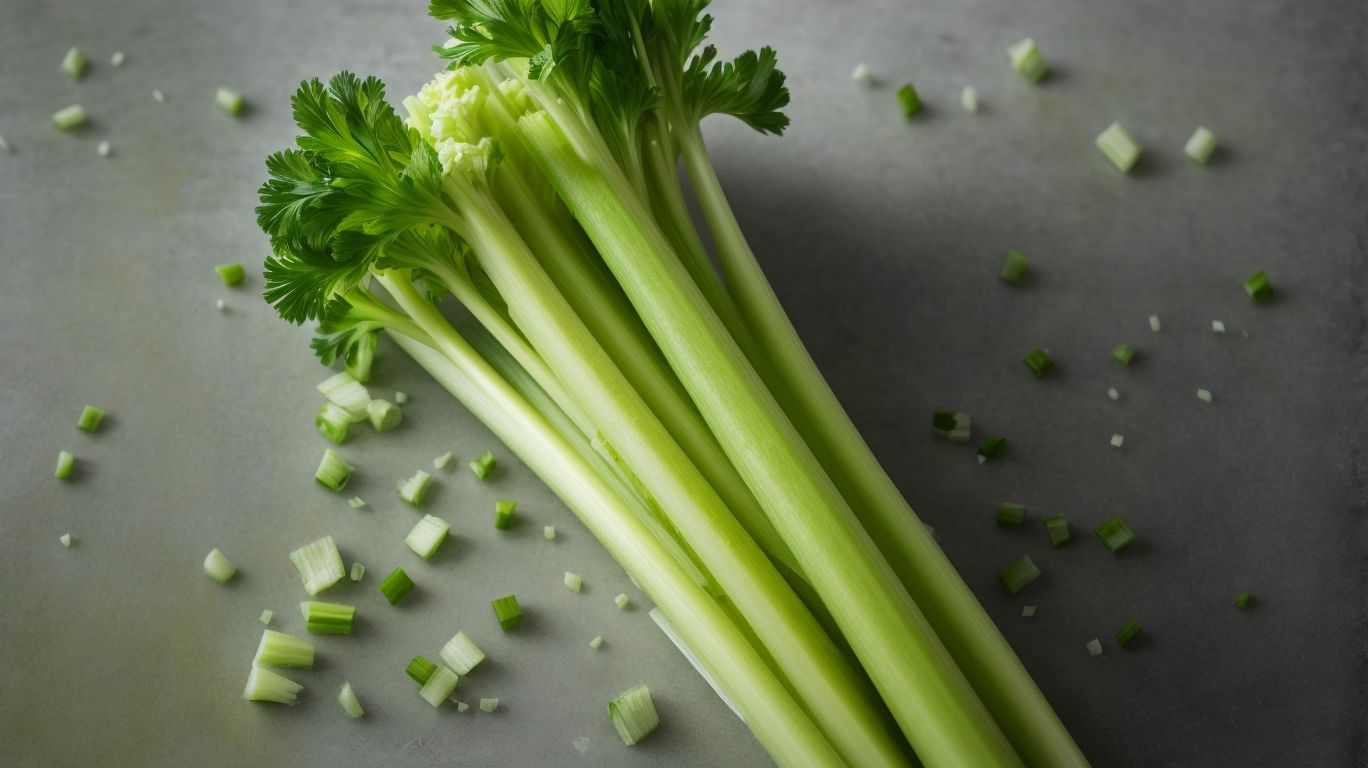
Photo Credits: Ieatketo.Com by James Hernandez
Celery is not only rich in vitamins and minerals but also low in calories, making it a great choice for maintaining overall health. Here are some of the key nutrients found in celery:
By incorporating celery into our diet, we can easily access these crucial vitamins and minerals, leading to better overall health.
2. Anti-Inflammatory Properties
Celery is renowned for its anti-inflammatory properties, making it a marvelous addition to a ketogenic diet. Here are a few advantages:
- Reduced inflammation: Celery incorporates antioxidants and flavonoids that naturally aid in diminishing inflammation in the body.
- Improved digestion: The fiber present in celery assists in digestion and can effectively alleviate gastrointestinal discomfort.
- Joint health: Celery’s remarkable anti-inflammatory properties can greatly benefit individuals with arthritis or any other joint conditions.
- Heart health: The antioxidants inherent in celery wonderfully contribute to lowering the risk of heart disease by preventing oxidative damage.
To incorporate celery into a ketogenic diet, relish it as a snack with keto-friendly dips or add it to salads and stir-fries. Remember to choose organic celery whenever possible to steer clear of pesticide exposure. Enjoy the magnificent health benefits of celery while following a keto lifestyle!
3. Supports Digestive Health
- Supports Digestive Health: One of the benefits of including celery in a ketogenic diet is its ability to support digestive health. Here are a few reasons why celery is good for digestion:
- Rich in Fiber: Celery contains a good amount of dietary fiber, which aids in maintaining regular bowel movements and preventing constipation.
- Contains Water: With a high water content, celery helps to keep the digestive system hydrated, which is essential for proper digestion and nutrient absorption.
- Anti-inflammatory Properties: Celery contains antioxidants and anti-inflammatory compounds that help reduce inflammation in the digestive tract and promote a healthy gut.
By incorporating celery into your ketogenic diet, you can support digestive health and enjoy its benefits alongside other low-carb foods.
4. Hydration and Detoxification
Hydration and detoxification are crucial aspects of maintaining a healthy body, and celery plays a significant role in both of these processes. Here are a few natural ways in which celery contributes to hydration and detoxification:
- Ample water content: With over 95% water composition, celery is an exceptional choice for staying hydrated.
- Natural diuretic properties: Celery contains compounds that function as diuretics, stimulating increased urine production and aiding in the elimination of toxins from the body.
- Fiber-rich: Celery is abundant in dietary fiber, which promotes healthy digestion and helps prevent constipation, facilitating efficient toxin elimination.
- Antioxidant power: Celery contains antioxidants that shield cells from damage caused by harmful toxins and free radicals, thereby supporting the body’s natural detoxification processes.
To incorporate celery into your ketogenic diet for optimal hydration and detoxification, consider adding it to salads, smoothies, or enjoying it as a crunchy snack. Remember to thoroughly wash celery before consumption to eliminate any potential contaminants.
While celery offers numerous health benefits, it is essential to consider individual taste preferences and maintain a varied diet for overall well-being.
How to Incorporate Celery into a Ketogenic Diet?
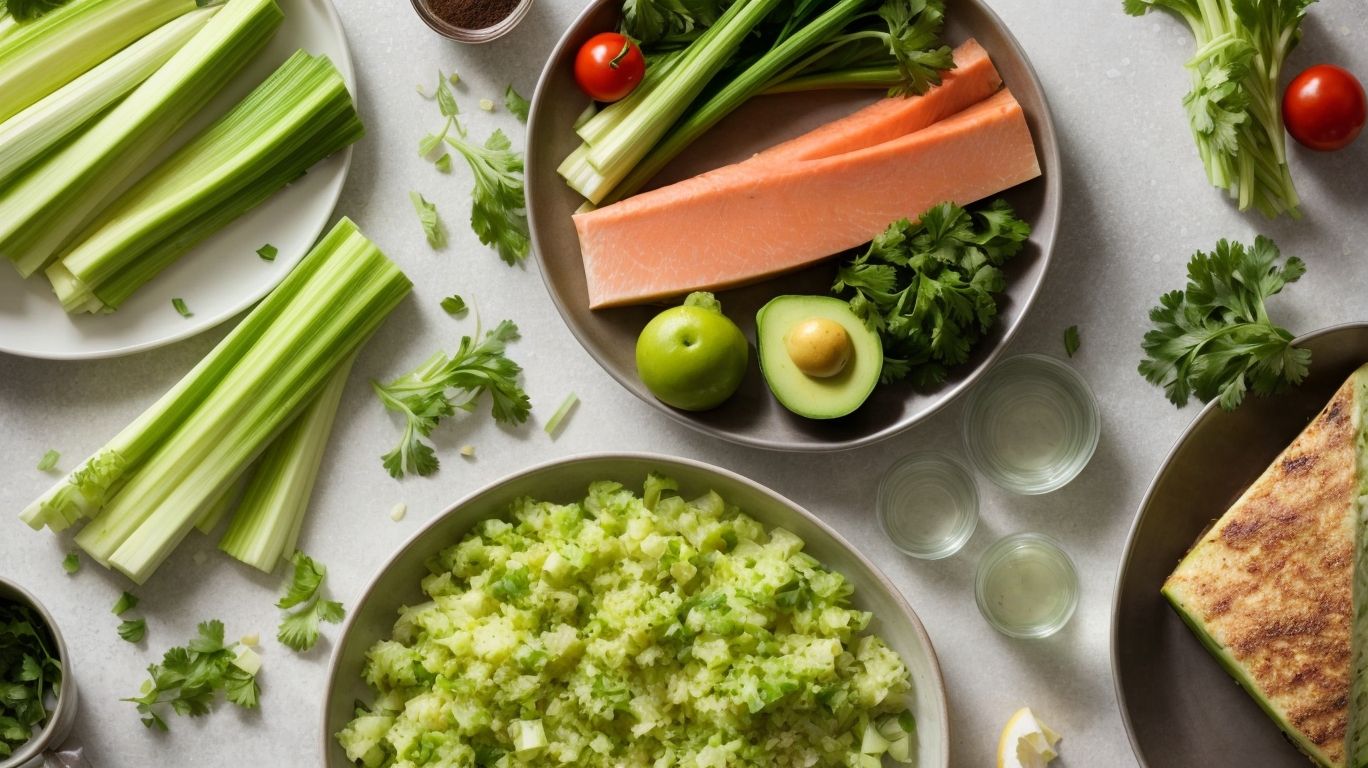
Photo Credits: Ieatketo.Com by Daniel Moore
Looking for ways to incorporate celery into a ketogenic diet? We’ve got you covered:
- Indulge in celery sticks as a tasty snack, and pair them with keto-friendly dips like creamy avocado or luscious cream cheese.
- Elevate the crunch and nutritional value of your salads, soups, and stir-fries by adding celery.
- Instead of traditional bread or crackers, opt for celery as a low-carb alternative. Fill it with delightful ingredients such as tuna or cheese.
- Quench your thirst and stay hydrated with refreshing celery juice.
- Add a healthy twist to your smoothies or green juices by blending in some celery or using it as a base.
Potential Drawbacks of Celery for Keto
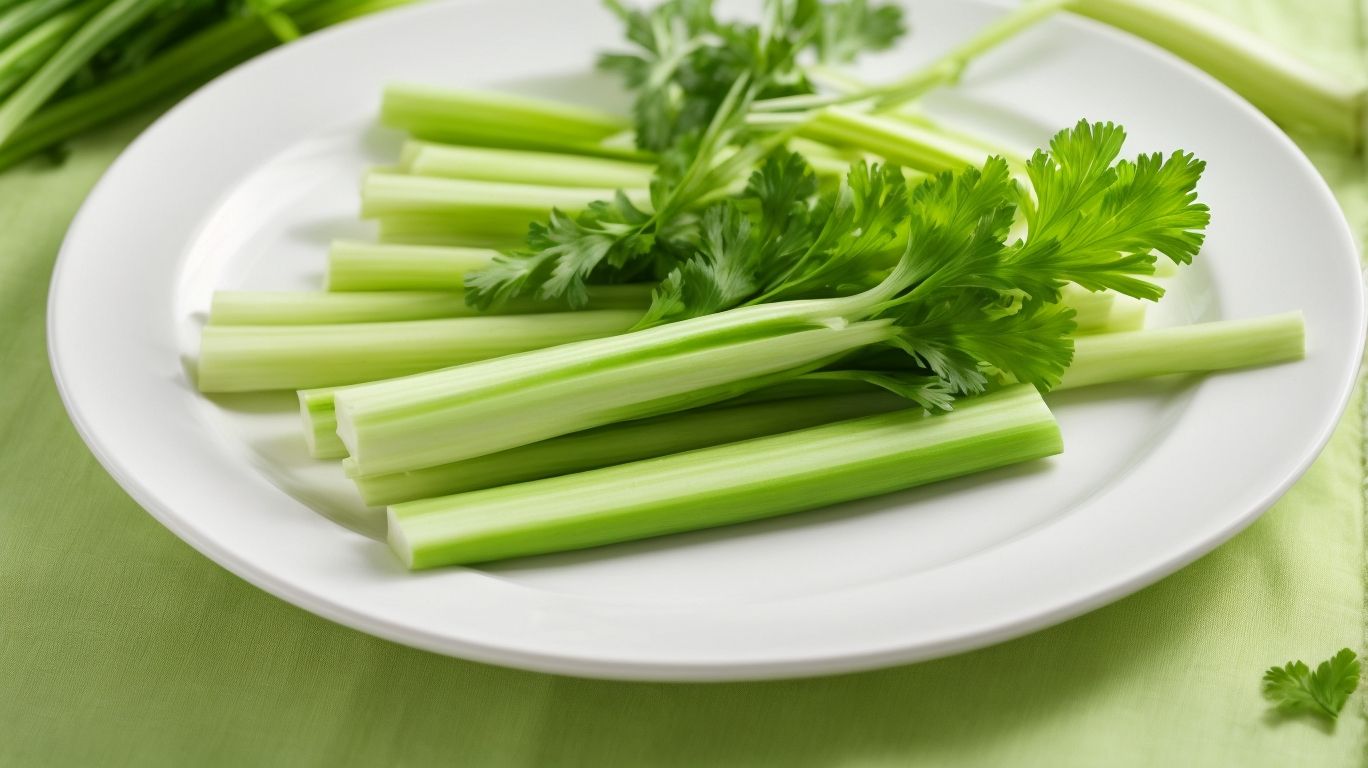
Photo Credits: Ieatketo.Com by Mark Scott
While celery has gained popularity in the keto diet world for its low carb content and potential health benefits, it’s important to also consider the potential drawbacks it may have for those following a ketogenic lifestyle. In this section, we’ll dive into two key areas: the oxalate content in celery and how it may impact certain individuals, and the taste preference and enjoyment factor that can play a role in adhering to a keto diet. So, let’s explore these aspects and uncover if celery is truly keto-friendly or if there are factors to watch out for.
1. Oxalate Content
Celery contains oxalates, which can be a concern for individuals following a ketogenic diet. The oxalate content in celery is relatively low compared to other high-oxalate foods. To better understand the oxalate content in various foods, here is a comparative table:
| Foods | Oxalate Content (mg/serving) |
|---|---|
| Celery (1 cup, chopped) | 19 |
| Spinach (1 cup, cooked) | 755 |
| Beet Greens (1 cup, cooked) | 916 |
While celery’s oxalate content is relatively low, individuals with a known history of kidney stones may still need to limit their intake. It’s important to listen to your body and consult with a healthcare professional to determine what works best for your specific needs.
Remember, a balanced and varied diet is key to overall health. Incorporating a wide range of vegetables and making informed choices can help optimize your ketogenic diet.
2. Taste Preference and Enjoyment
When it comes to incorporating celery into a ketogenic diet, taste preference and enjoyment are important factors to consider. Here are some points to keep in mind:
- Taste preference: Celery has a unique taste that may not be appealing to everyone. Some people enjoy its crispness and mildly bitter flavor, while others find it bland or unappetizing.
- Enhancing taste: To heighten the taste of celery, take into account pairing it with other keto-friendly ingredients like creamy dips, nut butters, or cheese. Experiment with different flavors to find combinations that bring you pleasure.
- Cooking methods: If raw celery doesn’t appeal to your taste buds, try cooking or roasting it. This can soften the texture and bring out different flavors, making it more enjoyable for you.
- Alternative options: If you find that celery doesn’t suit your taste preferences, there are numerous other low-carb vegetables available on a ketogenic diet. Explore options like spinach, kale, zucchini, or bell peppers to add variety to your meals.
Remember, the key to a successful ketogenic diet is finding foods that you enjoy and that fit within your personal taste preferences.
Summary
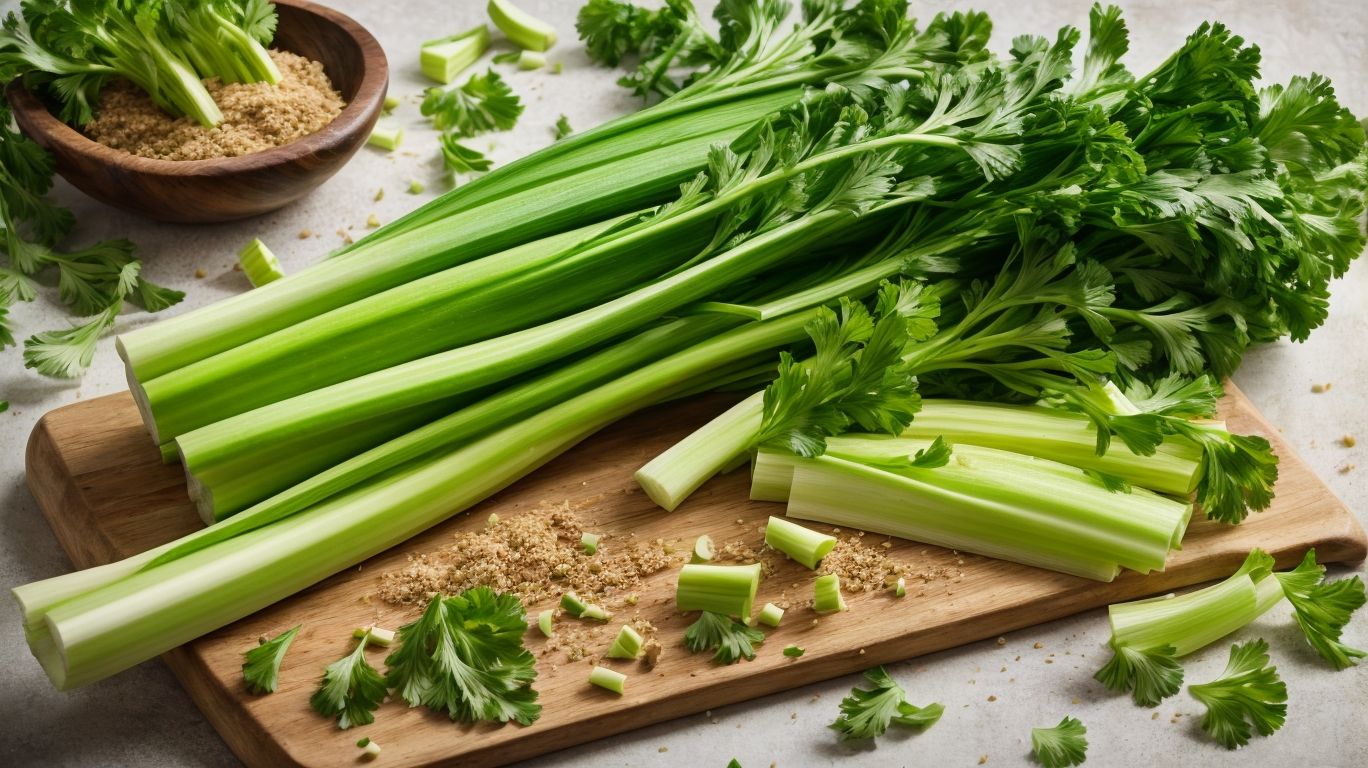
Photo Credits: Ieatketo.Com by Patrick Campbell
Summary of the health benefits of celery:
| – Anti-inflammatory | : Celery contains compounds that naturally reduce inflammation. |
| – Antioxidant | : This vegetable possesses high levels of antioxidants, which provide protection against cell damage. |
| – Digestive health | : Thanks to its high fiber content, celery promotes healthy digestion. |
| – Hydration | : Celery has a high water content that helps to maintain proper hydration levels. |
| – Weight loss | : With its low calorie and high nutrient content, celery is an excellent choice for those looking to lose weight. |
Pro-tip: To maximize the health benefits of celery and add flavor to your meals, try incorporating it into salads, soups, or smoothies.
Some Facts About “Is Celery Keto? Unpacking the Health Benefits”:
- ✅ Celery is keto-friendly with only 1.37 grams of net carbs per 100 grams. (Source: Cast Iron Keto)
- ✅ Celery is a good source of vitamins K, A, and C, as well as antioxidants. (Source: Cast Iron Keto)
- ✅ Incorporating celery into a strict ketogenic diet is both possible and beneficial. (Source: Cast Iron Keto)
- ✅ Celery’s versatility makes it a great addition to keto meals, such as dunking sticks or sautéed with low-carb veggies. (Source: Masala Monk)
- ✅ Celery has various health benefits, including aiding digestion, supporting heart health, and being hydrating due to its high water content. (Source: Masala Monk)
Frequently Asked Questions
1. Can you eat celery on a keto diet?
Yes, celery is a great choice for a keto diet due to its low net carbohydrate content and high fiber content. It fits within the typical daily allowance of net carbs for most keto dieters.
2. How many carbs are in celery?
A medium stalk of celery contains about 1.2 grams of total carbs, but only 0.6 grams of net carbs after subtracting fiber. This makes celery a perfect match for a very low-carb keto diet.
3. What are the health benefits of celery?
Celery is a versatile vegetable that not only helps with feeling full but also aids in digestion, supports better heart health, and is rich in antioxidants like beta carotene and vitamin C. It is also hydrating due to its high water content.
4. How does the body break down fat on a keto diet?
The ketogenic diet aims to shift the body’s metabolism to burn fat for energy instead of glucose. By restricting carbohydrate intake, the body enters a metabolic state of ketosis where it produces ketones from stored fat. This process helps with weight loss and body fat reduction.
5. Can I include celery in my daily keto recipes?
Absolutely! Celery is a versatile vegetable that can be incorporated into various keto recipes. Whether as dunking sticks, sautéed with low-carb veggies, or as a crunchy topping on salads, celery adds a refreshing crunch and essential nutrients to your meals.
6. Why is it important to include a variety of nutrient-rich foods on a keto diet?
A balanced keto diet ensures you receive all the essential nutrients your body needs. Including a variety of nutrient-rich foods, like celery, helps prevent nutrient deficiencies and supports overall health. Remember to eat plenty of vegetables and adhere to a responsible keto expert’s guidance for a successful keto journey.

